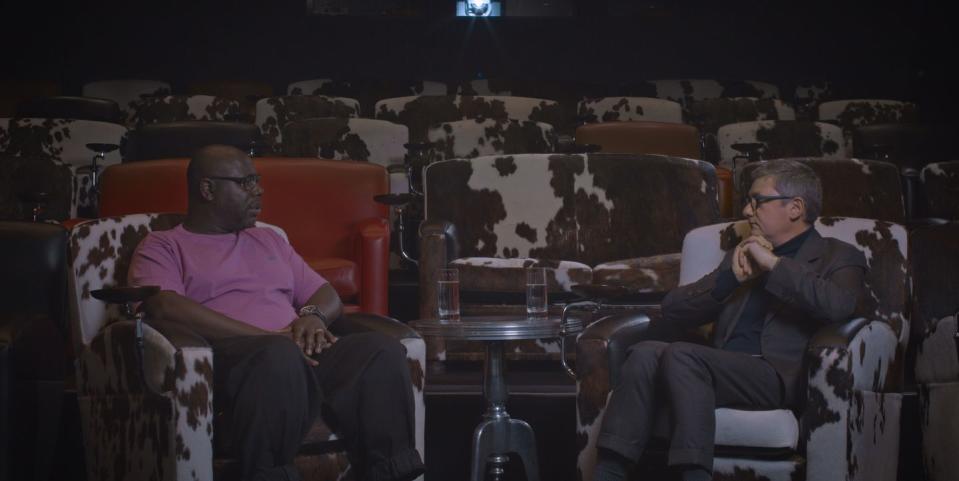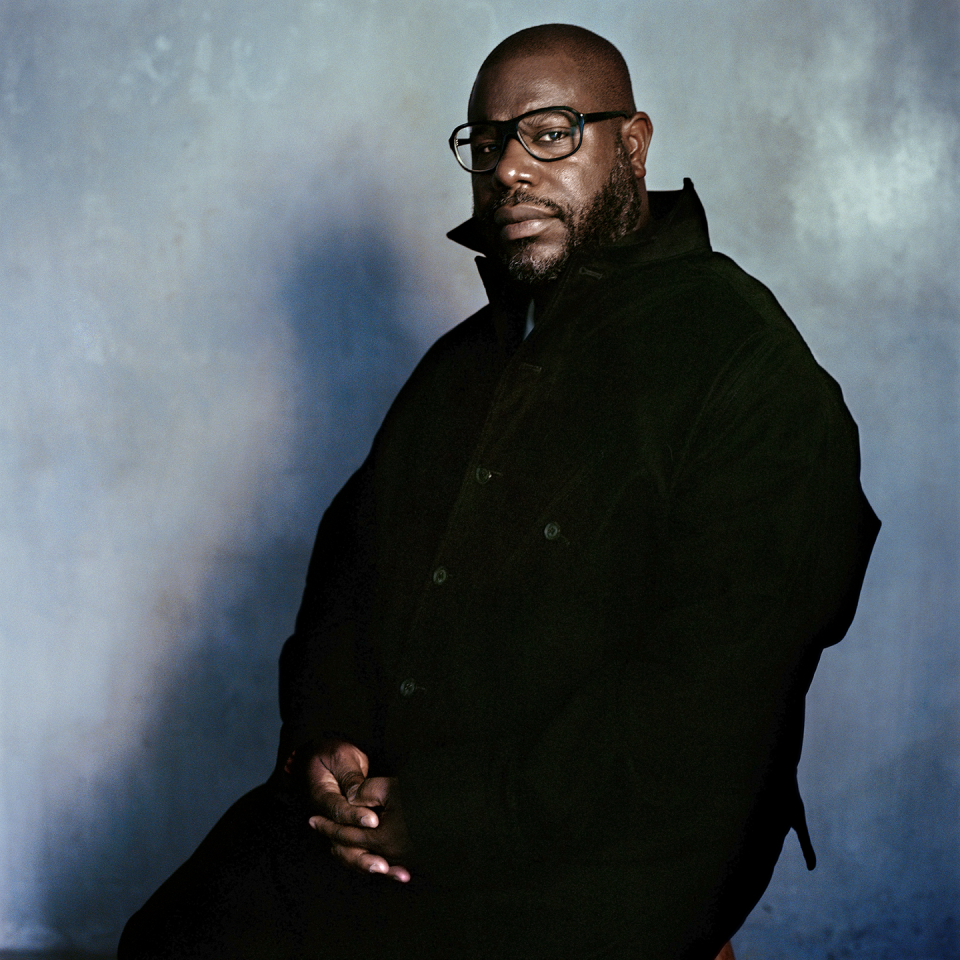Steve McQueen: 'I Experience Racism Every Day'

Speaking at Esquire Townhouse this year, the director Steve McQueen has spoken of his daily experience of racism in some form or another. During a talk which included discussion of the slow progress being made in making the film and TV industries more representative, as well as the seismic year which 2020 has been in terms of addressing racism, Esquire Editor-in-Chief Alex Bilmes asked McQueen whether he still experiences racism today.
"Yes, every day. Every day. Every day," he replied. "One shape or form, every day. But hey, guess what, that’s how it is."
McQueen also explained why he feels reluctant to have to show what the examples of these are, saying, "I don’t like the idea of having to explain myself to the fact that I’m saying I experience racism every day. In fact, I resent it. It’s one of those things where I’m not making it up, there’s no gain. I don’t want to have to explain ignorance and stupidity and foolishness, I won’t do it. It’s enough to have to live it."
McQueen, who was the first Black director or producer to win the Academy Award for Best Motion Picture of the Year, for 12 Years a Slave in 2014, and is the only artist to have won both an Oscar and the Turner Prize, spoke of his conflicting feelings about the sweeping Black Lives Matter protests this year, acknowledging that they had been exhilarating to see, but not forgetting what had sparked them.
"A man had to die with someone’s knee on his neck for over nine minutes, there had to be a global pandemic, there had to be millions of people marching on the street all over the world for people to think, 'hmm maybe there’s something wrong here'," he said. "I’m sorry, we want real change. I’m not interested in some kind of symbolic gesture."

The director's new series of films, Small Axe, are a series of portraits of Britain and the history of racial politics in the country. The five films take inspiration from figures like Leroy Logan, a British police officer in the Eighties whose job put him at odds with his Jamaican father, as well as from McQueen's own past, in the story of the blues parties his aunt used to sneak out the house to for a place where Black people could feel a sense of community.
You Might Also Like

